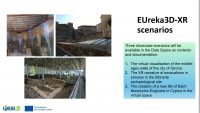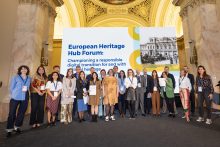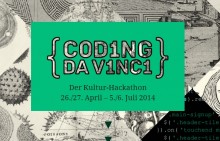 The new perspectives arising from the making available cultural heritage for the digital space: Following the motto “Let them play with your toys!” (John Pugh, National Archives UK), the Culture Hackathon organizers aim at identifying in the context of the “Coding da Vinci” competition, what happens when cultural institutions start discussing and exchanging ideas with the developer community, the designer community, and the gaming community. The purpose has been to make the digital heritage available in a creative way. On the basis of open cultural data, prototypical applications shall arise in a common dialogue with cultural institutions and participants from all over Germany. The results will be awarded in the context of the competition. The organizers and participants have identified four basic challenges to address:
The new perspectives arising from the making available cultural heritage for the digital space: Following the motto “Let them play with your toys!” (John Pugh, National Archives UK), the Culture Hackathon organizers aim at identifying in the context of the “Coding da Vinci” competition, what happens when cultural institutions start discussing and exchanging ideas with the developer community, the designer community, and the gaming community. The purpose has been to make the digital heritage available in a creative way. On the basis of open cultural data, prototypical applications shall arise in a common dialogue with cultural institutions and participants from all over Germany. The results will be awarded in the context of the competition. The organizers and participants have identified four basic challenges to address:
(1) MASH IT: The acquisition of knowledge and new insights by linking different data sets: The organizers provide 15 cultural datasets. They offer the API of the DDB. They bring forward the API Wikipedia. And they do have Open Street Map on board. The participants are now challenged to find their own way to deal with the available information and tools.
Challenge 1: What … are you doing with it? Mash it! Examples: Linked Open Data, Data Analysis, Mash-up, Establish an appropriate context
(2) MOVE IT: Allow more participation in culture and break down respective barriers: The curator selected items and work results. The museum guide shows the highlights of the collection. The audio guide provides music. And the audience usually looks and listens.
Challenge 2: Carry us an offer. Move it! Examples: User Experience, Augmented Reality, Social Media
(3) DISCOVER IT: Playful learning or assigning, cultural knowledge provision in a clear and comprehensive manner: Books are available in the library. Files and folders are in the archive. Paintings and sculptures are found in museums and galleries. There are different objects and a variety of respective approaches.
Challenge 3: How can you combine these objects together so that everyone can get access to them? Discover it! Examples: Guides, EduGames, Locate and Situate in Time and Space
(4) IMPROVE IT: Getting the collections of institutions offered and displayed in a more beautiful way or allowing to make better use of their – met and fulfil them a wish. Some memory institutions archive films, others preserve music or collect plants. Everything has to do with anything.
Challenge 4: How can you take a fresh look at stocks? How can we enrich the collections to the world’s knowledge? How should the tool box ¬ ¬ a culture device look like today? Improve it! Examples: Build Scrapers, Improve Data Quality, Tagging, Geo-Location
For further information visit codingdavinci.de.


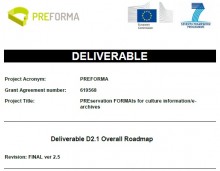

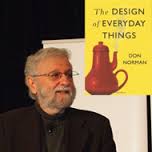 On the 27th of May 2014, at Cappella Farnese of Palazzo d’Accursio, in Bologna, Electrical Engineer and Cognitive Psychologist Donald Norman presented his book The Design of Everyday Things, extended version of the initial edition The Psychology of Everyday Things (Italian title La caffettiera del masochista – il design degli oggetti quotidiani).
On the 27th of May 2014, at Cappella Farnese of Palazzo d’Accursio, in Bologna, Electrical Engineer and Cognitive Psychologist Donald Norman presented his book The Design of Everyday Things, extended version of the initial edition The Psychology of Everyday Things (Italian title La caffettiera del masochista – il design degli oggetti quotidiani).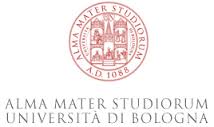 The meetings with the three international scholars were devoted to strengthening the technical and cultural competences of the young contemporary designers; the initiative was patronised by University of Bologna, Bologna Municipality, ADI (Association for Industrial Design), Urban Center Bologna (communication centre of Bologna city) and Italian publishing house Giunti Editore.
The meetings with the three international scholars were devoted to strengthening the technical and cultural competences of the young contemporary designers; the initiative was patronised by University of Bologna, Bologna Municipality, ADI (Association for Industrial Design), Urban Center Bologna (communication centre of Bologna city) and Italian publishing house Giunti Editore. RICHES on Twitter: #richesEU
RICHES on Twitter: #richesEU
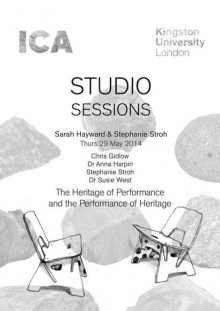
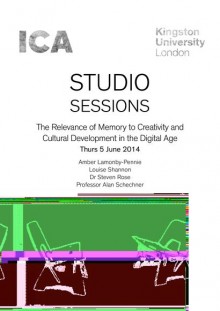
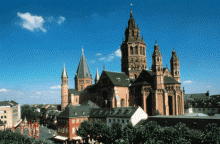
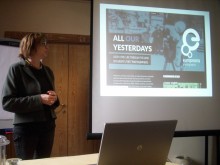
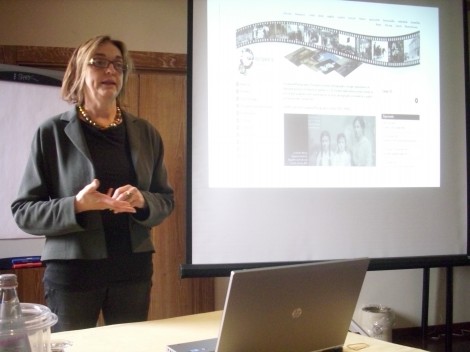 A nice presentation by Emanuela Sesti of Fondazione Alinari highlighted to the present audience the progress of the project, and disseminated about the exhibition
A nice presentation by Emanuela Sesti of Fondazione Alinari highlighted to the present audience the progress of the project, and disseminated about the exhibition 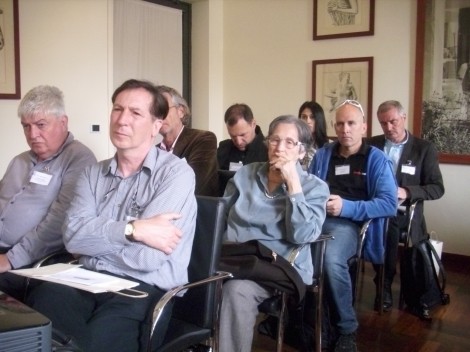
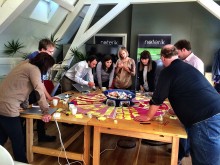
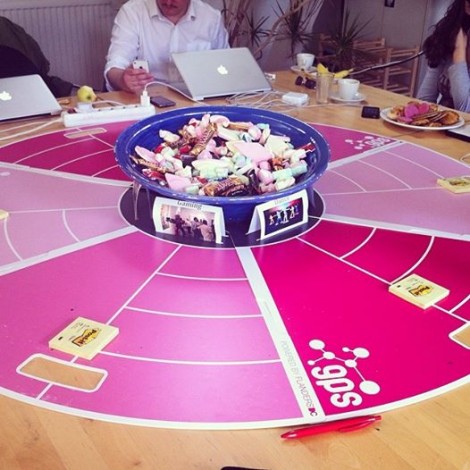 The first day was occupied with an interactive brainstorming session, facilitated by partner and WP4 leader iMinds, that saw 12 consortium members being busy with imagining future scenarios and visionary applications for the 6 pilots.
The first day was occupied with an interactive brainstorming session, facilitated by partner and WP4 leader iMinds, that saw 12 consortium members being busy with imagining future scenarios and visionary applications for the 6 pilots.













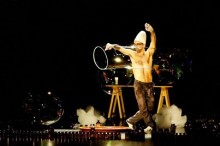
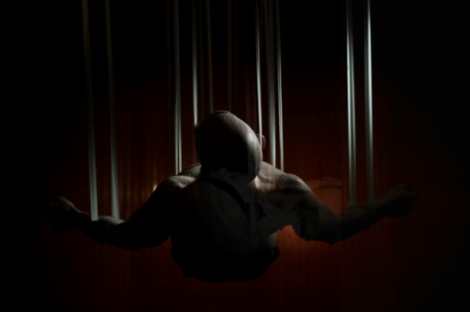 From 15 to 17 May 2014, in Belgium, at the Troubleyn Theater (15-16 May) and the Royal Conservatoire (17 May) of Antwerp, it was held the colloquium Thinking bodies – Moving minds, which is a collaboration between the European platform Labo21, the Research Centre for Visual Poetics of the University of Antwerp and CORPoREAL, the research group of the Royal Conservatoire Antwerpen. The project is supported by the European Commission.
From 15 to 17 May 2014, in Belgium, at the Troubleyn Theater (15-16 May) and the Royal Conservatoire (17 May) of Antwerp, it was held the colloquium Thinking bodies – Moving minds, which is a collaboration between the European platform Labo21, the Research Centre for Visual Poetics of the University of Antwerp and CORPoREAL, the research group of the Royal Conservatoire Antwerpen. The project is supported by the European Commission.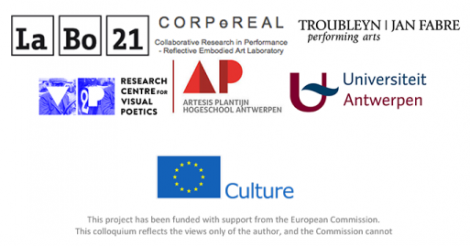 Visual Poetics is a research group in theatre, film and related artistic media at the University of Antwerp, divided in 4 areas of research: performative, intermedial, artist’s and textual poetics.
Visual Poetics is a research group in theatre, film and related artistic media at the University of Antwerp, divided in 4 areas of research: performative, intermedial, artist’s and textual poetics.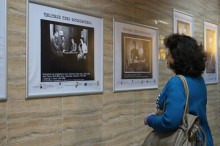
 In Bulgaria the whole month of May is a period when literature and culture in general are celebrated in a series of cultural events. This year one of the events in this series is the exhibition “Writers through the photographers’ lens“. It is organized by NALIS in the scope of the EuropeanaPhotography project.
In Bulgaria the whole month of May is a period when literature and culture in general are celebrated in a series of cultural events. This year one of the events in this series is the exhibition “Writers through the photographers’ lens“. It is organized by NALIS in the scope of the EuropeanaPhotography project.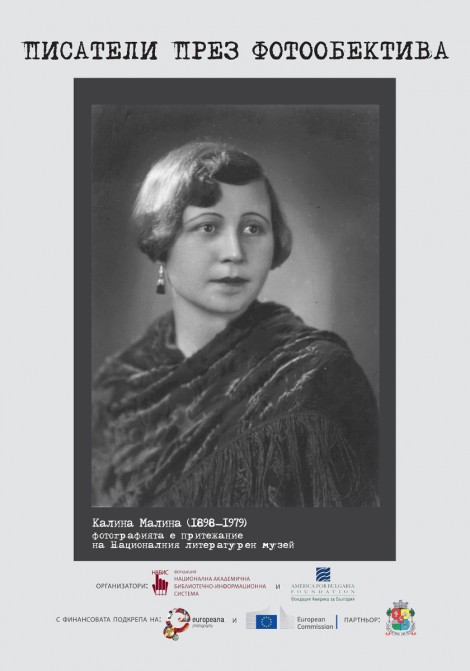



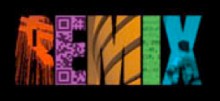
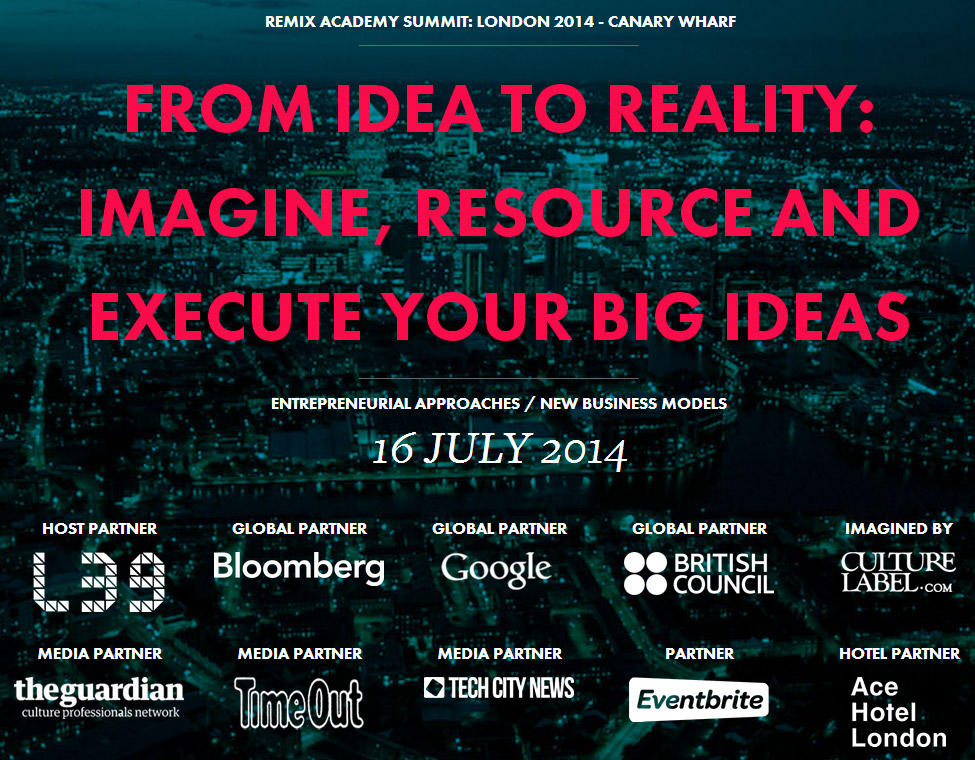
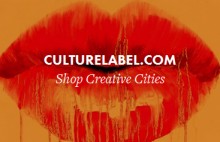
 If you have interesting news and events to point out in the field of digital cultural heritage, we are waiting for your contribution.
If you have interesting news and events to point out in the field of digital cultural heritage, we are waiting for your contribution.





























